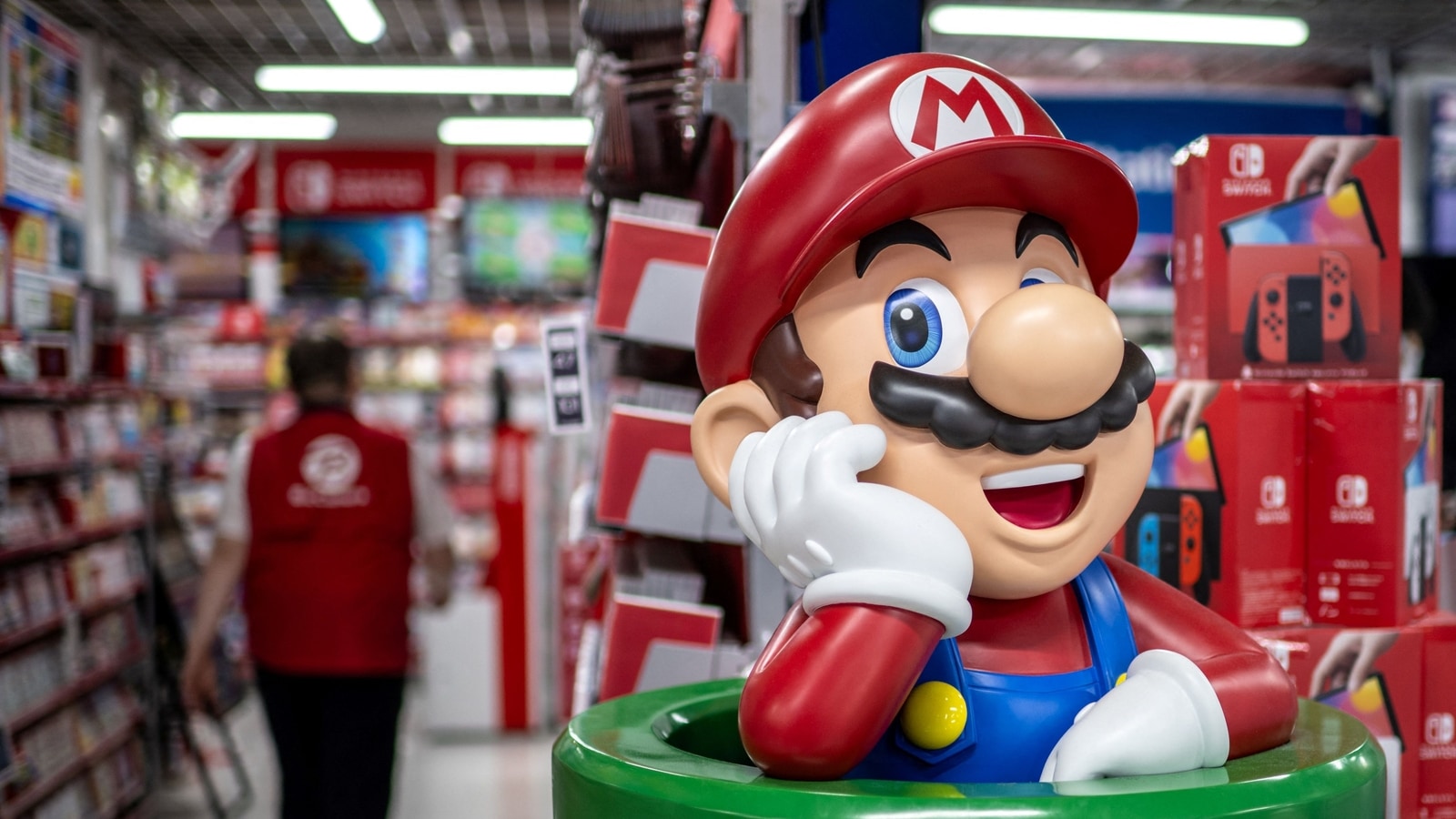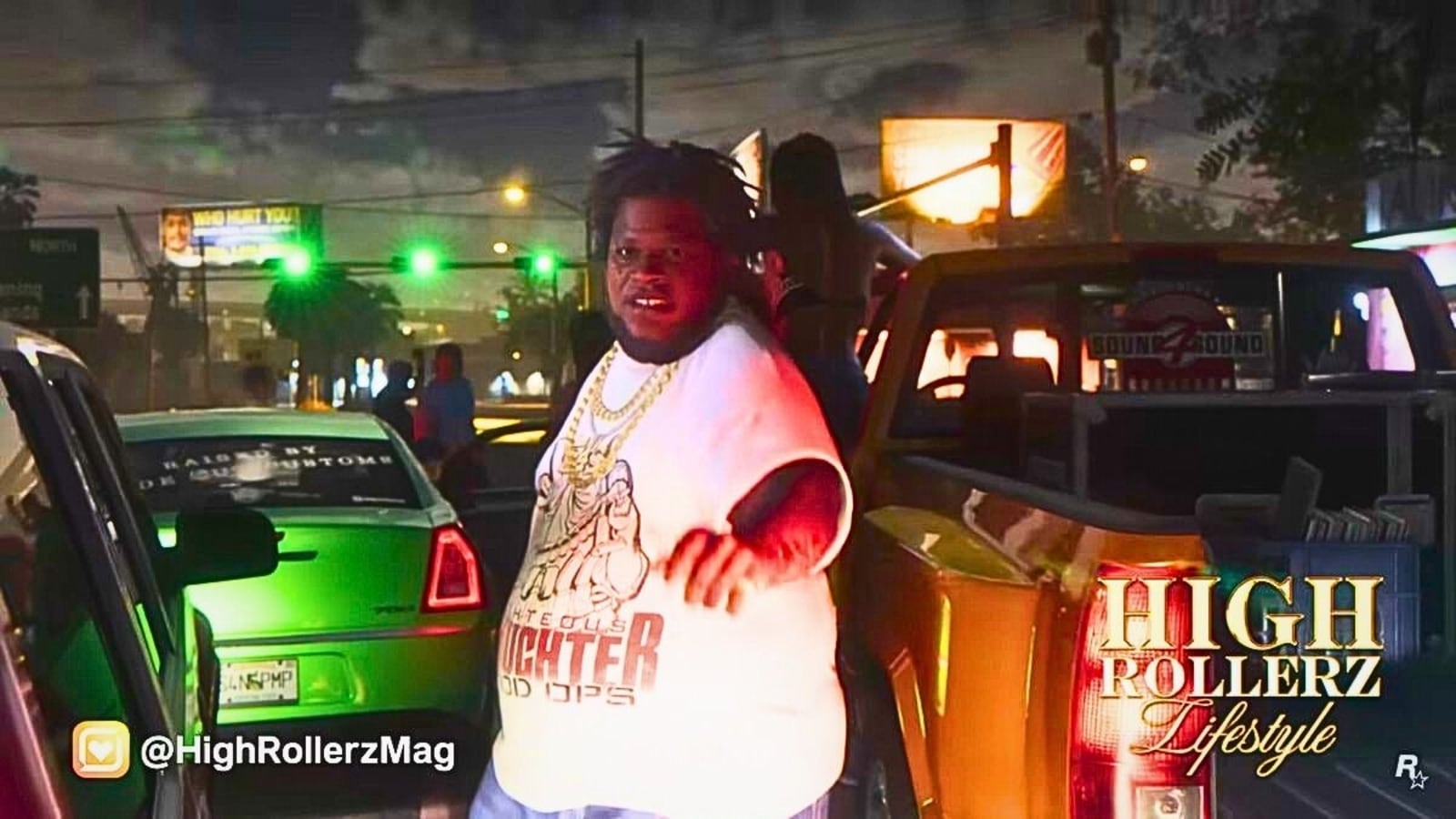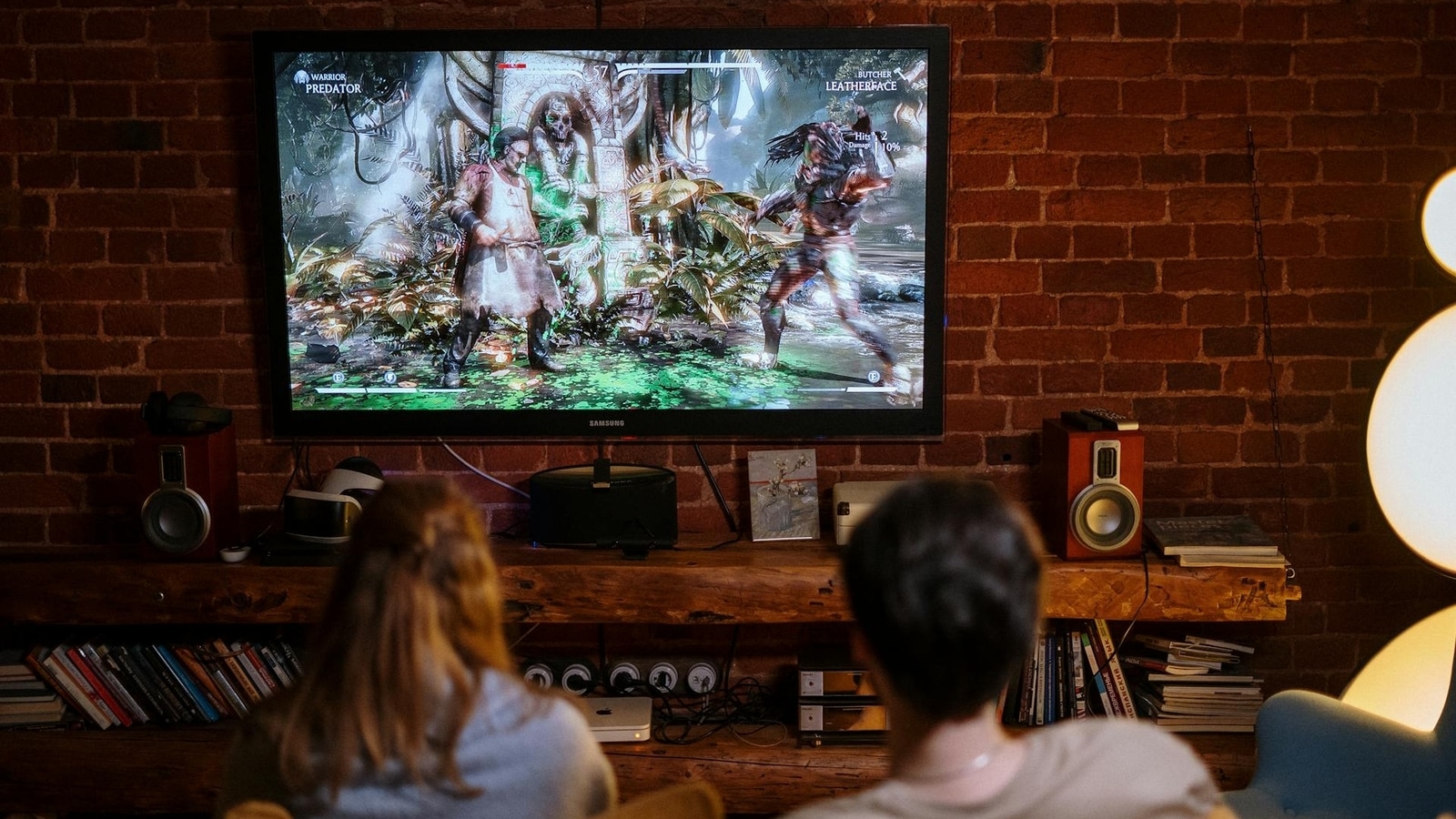LONDON — Hours before the opening ceremony of Qatar’s World Cup, the comedian Joe Lycett dropped great wads of cash into a shredder.
Days earlier, he had posted a video in which he addressed the footballer David Beckham. Lycett called him a “gay icon” for appearing on the cover of a British gay lifestyle magazine. But he also gave him a week to stop being a World Cup ambassador for Qatar, which outlaws homosexuality and was reportedly paying Beckham 10 million pounds (more than $12 million) to promote the tournament.
After hearing nothing from Beckham, the British comedian, wearing a pair of safety goggles and a frilly rainbow shirt, live-streamed himself feeding £10,000 of his own money into a wood chipper. He was subsequently criticized in British newspapers and on social media for shredding money at a time when many in the country are struggling financially.
Except, in a follow-up video, Lycett revealed that he hadn’t really destroyed the cash, and instead had donated a total of £10,000 to two L.G.B.T.Q. charities. “To threaten to destroy money in a cost-of-living crisis? It’s a horrific thing to do,” he said, referring to Britain’s surging inflation rates.
It was Lycett’s latest act of public performance as protest, an approach he had previously used to take on the British Conservative Party and Shell, the energy company. In a recent interview in a London pub, Lycett, 34, said he thought of these efforts as stunts: “War-gamed, and plotted.”
Lycett, a popular stand-up comedian and TV personality in Britain who identifies as pansexual and so is attracted to people regardless of their gender identity, remembered visiting Qatar in 2015 as part of a comedy tour. “I didn’t feel safe there,” he said, adding that he was advised by the organizers not to leave his hotel. In Qatar, same-sex relations are punishable by up to seven years in prison, according to Human Rights Watch.
Soccer fans around the world have expressed concern about Qatar’s human rights record, and when he heard that the World Cup was taking place in the Arab nation, Lycett was appalled. He hoped putting pressure on Beckham “to say or do something” would have “a much larger knock-on effect” in actively improving L.G.B.T.Q. rights in Qatar, he said.
Beckham declined to comment for this article, but in a TV special made by Lycett that aired Thursday in Britain, Beckham’s team made a statement that read, in part: “We understand that there are different and strongly held views about engagement in the Middle East but see it as positive that debate about the key issues has been stimulated directly by the first World Cup being held in the region.”
In an email after the show’s broadcast, Lycett said he was shocked by the statement’s “absence of even mentioning L.G.B.T.Q.+ people,” and its use of the word “debate.” “Essentially Beckham (or more likely his team) are saying human rights are up for debate,” Lycett said.
Lycett “takes people to task,” the singer Melanie Brown said in an email interview. “He knows how to grab attention — he definitely grabbed attention with his protest about the World Cup.” Brown, a former Spice Girl, is a fan of Lycett’s comedy and has attended his stand-up shows.
The comedian said he remembered texting Brown, “Go on then, give me Beckham’s number,” in the run-up to the World Cup, thinking she would likely have the number since her former bandmate Victoria is married to Beckham. (Brown replied with three question marks and politely demurred, he said.)
Lycett has been a fixture of the British comedy scene for a decade, but since his consumer justice TV show “Joe Lycett’s Got Your Back” premiered in 2019, his profile has grown. Earlier in his comedy career, Lycett said, he preferred to make “gentle and nonabrasive” jokes “about cheese and being middle-class.” The comedian described his own views as “center-left,” but said he understood and respected “being cautious and conservative” as a political worldview.
The current and recent leaders of the Conservative Party, and their handling of the pandemic, he said, had “turned me into the political comedian that I didn’t want to be.” This directness appears to be helping Lycett reach a larger audience, with his Twitter follower count ballooning to 1.3 million and his new stand-up live show, “More, More, More! How Do You Lycett, How Do You Lycett?,” filling arenas across Britain.
In January, Lycett tweeted a parody version of the investigative report on the boozy government parties attended by the prime minister at the time, Boris Johnson, that violated lockdown rules and enraged Britain. Lycett’s spoof report joked of a WhatsApp group called “Down It Street” and cabinet ministers being forced to “get on a table” and sing.
“I stand witness to the fact that it was believed by some people in Westminster,” said Jess Phillips, a member of Parliament with the Labour Party for Birmingham Yardley and a close friend of Lycett. The scandal, she said, was a news story about the country’s highest office breaking the law, which spiraled into farcical details. By highlighting the story’s silliness, Lycett was able to skewer it.
In September, Lycett appeared on the BBC journalist Laura Kuenssberg’s current affairs show alongside the new prime minister at the time, Liz Truss. A clip of Lycett mocking the evasive politician’s “great clear answers” went viral, and made the front page of The Daily Mail.
During the coronavirus pandemic, Lycett said he had watched the British government “lie, and lie, and lie.” At the same time, he said, “hundreds of thousands of people died,” adding: “If that hasn’t radicalized you, then where have you been?”
Lycett has questioned authority since he was in school. He grew up in an “undramatic” middle-class family, he said, and loved “Will & Grace,” as well as British TV personalities like Graham Norton and Alan Carr. He remembered being described by one of his father’s friends as “an unusual boy.”
Other people thought so, too. When he was 14, during a rugby lesson at school, a teacher told Lycett to “leave your handbag at home next time,” he remembered. He reported the homophobic incident, and received a sheepish apology. No authority, it turned out, was absolute, and that day, Lycett discovered he could challenge it. Being queer, he said, meant he had to.
“My options were to put on a gray suit, and get good at rugby, and pretend to be something I’m not, or be who I am,” he said.
His whimsical comic persona both onstage and onscreen — “Mummy,” as he frequently refers to himself — is generous, good-natured and sincere in his relentless pursuit of justice. When he stormed the Shell offices in the Channel 4 documentary “Joe Lycett vs. the Oil Giant,” he brought a potted plant as a gift for the company’s C.E.O.
The backdrop to Lycett’s ascent this year has been Britain’s series of unfolding crises. On top of the soaring cost of living, the country has seen three different prime ministers, the death of a monarch and strikes across several industries. “We’re in a state of chaos,” Lycett said.
Phillips said that the British public were worn down. “It’s really deeply serious stuff, but it’s become a joke how bad it is,” she said.
“Sometimes, in those moments, you have to have somebody who will make you smile about it,” she added.























